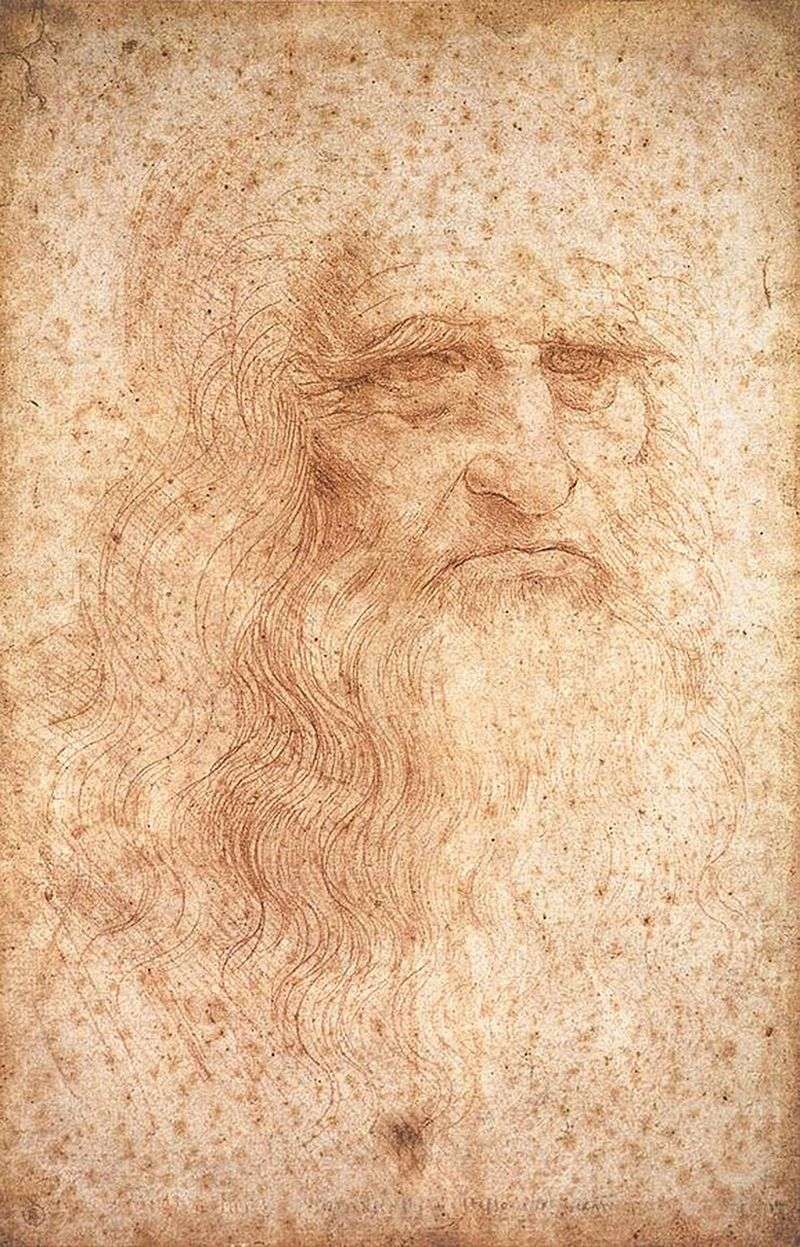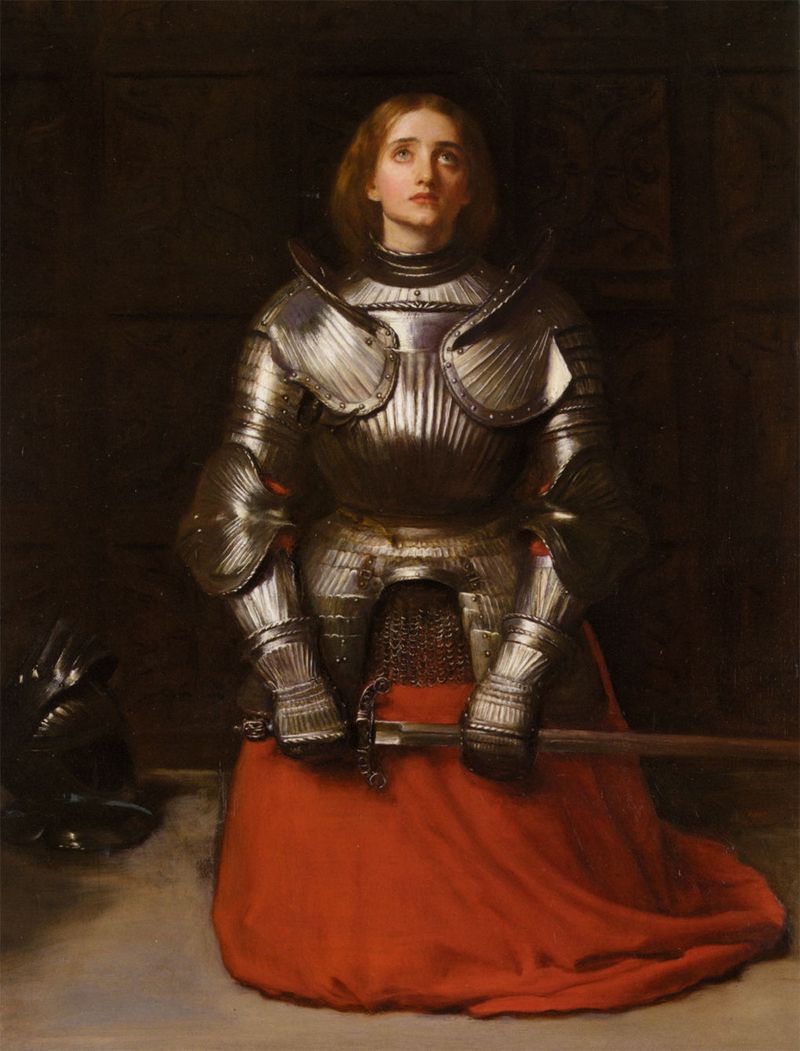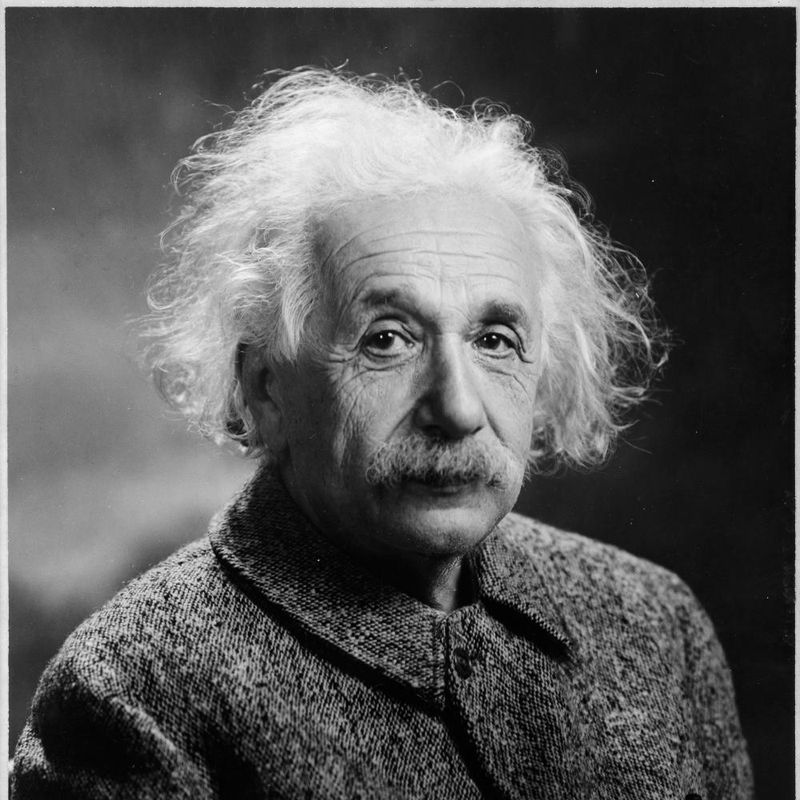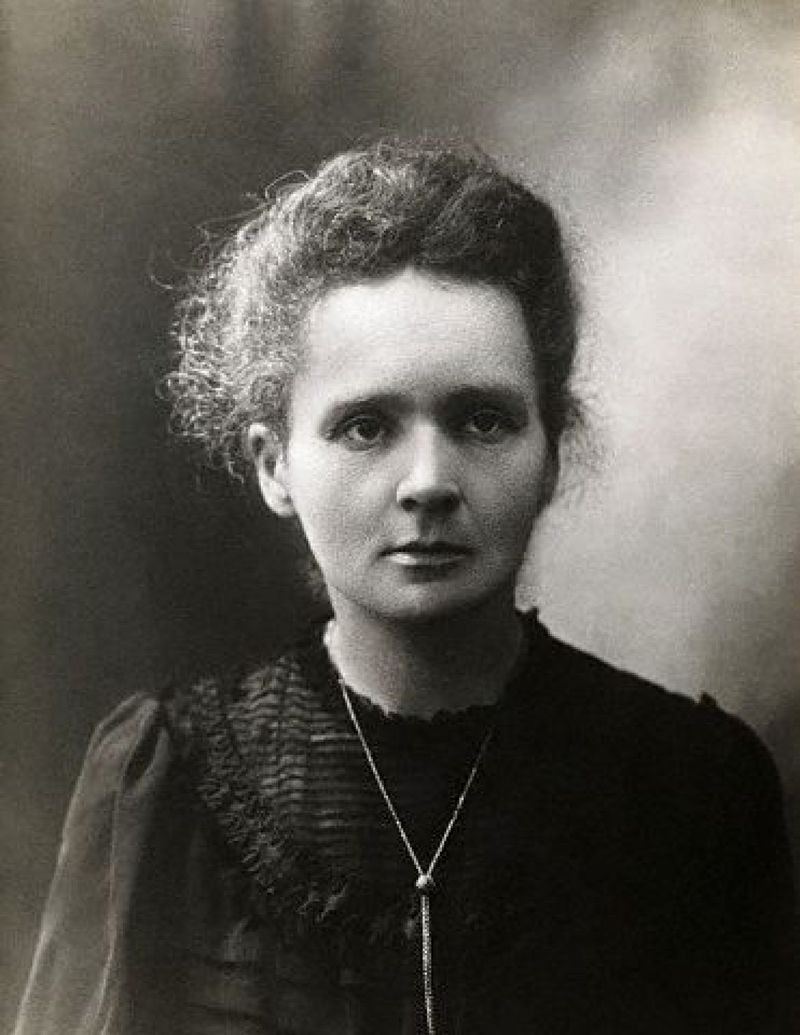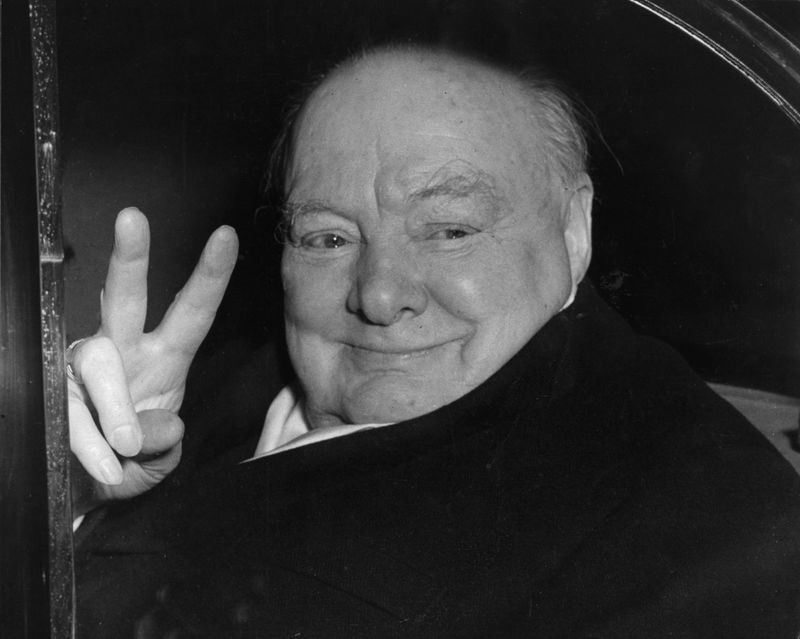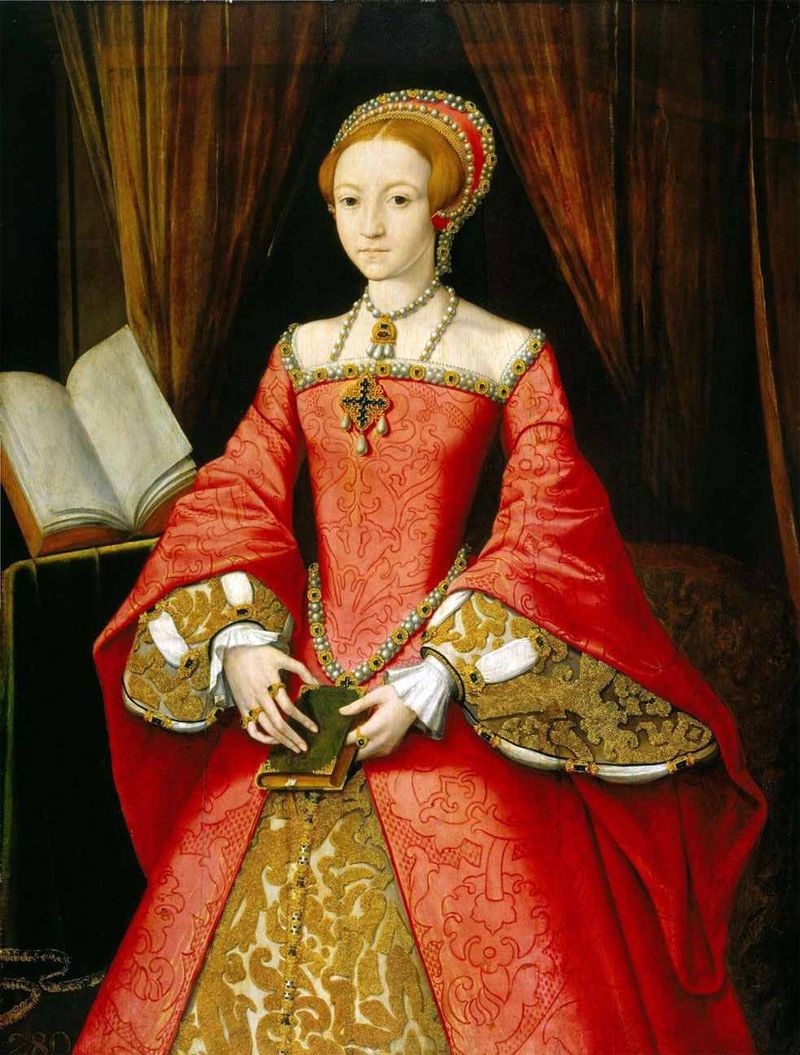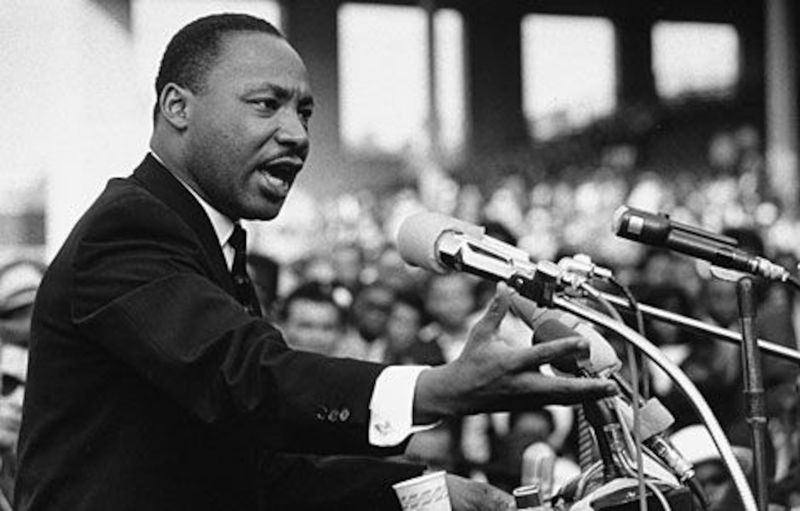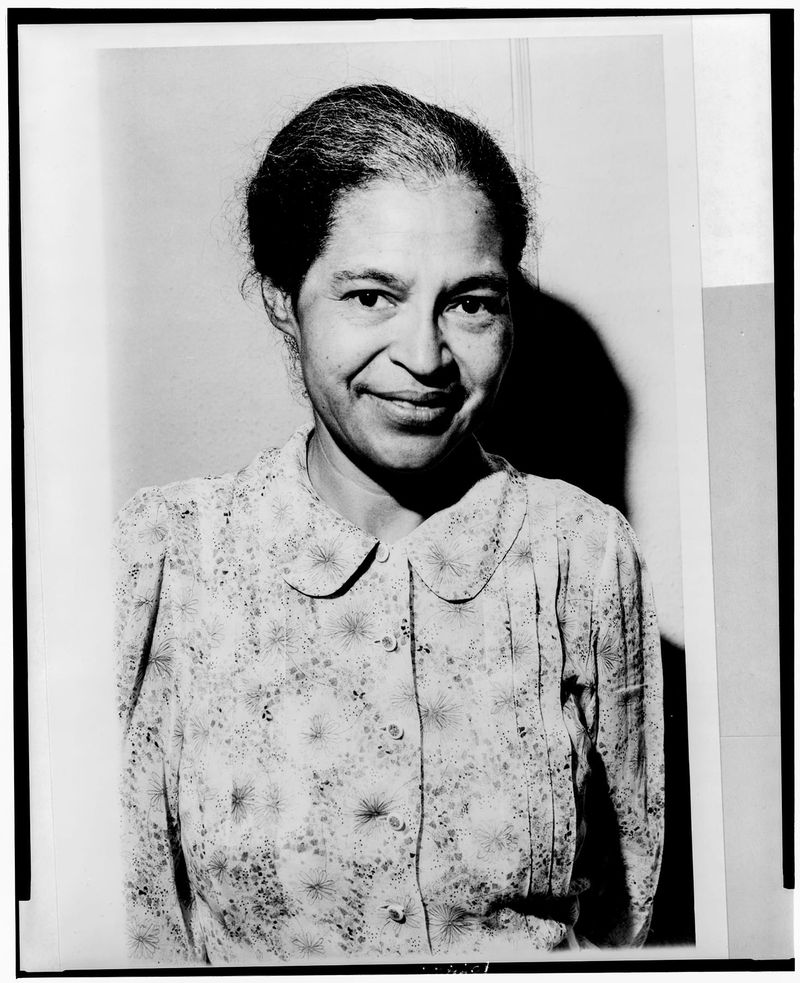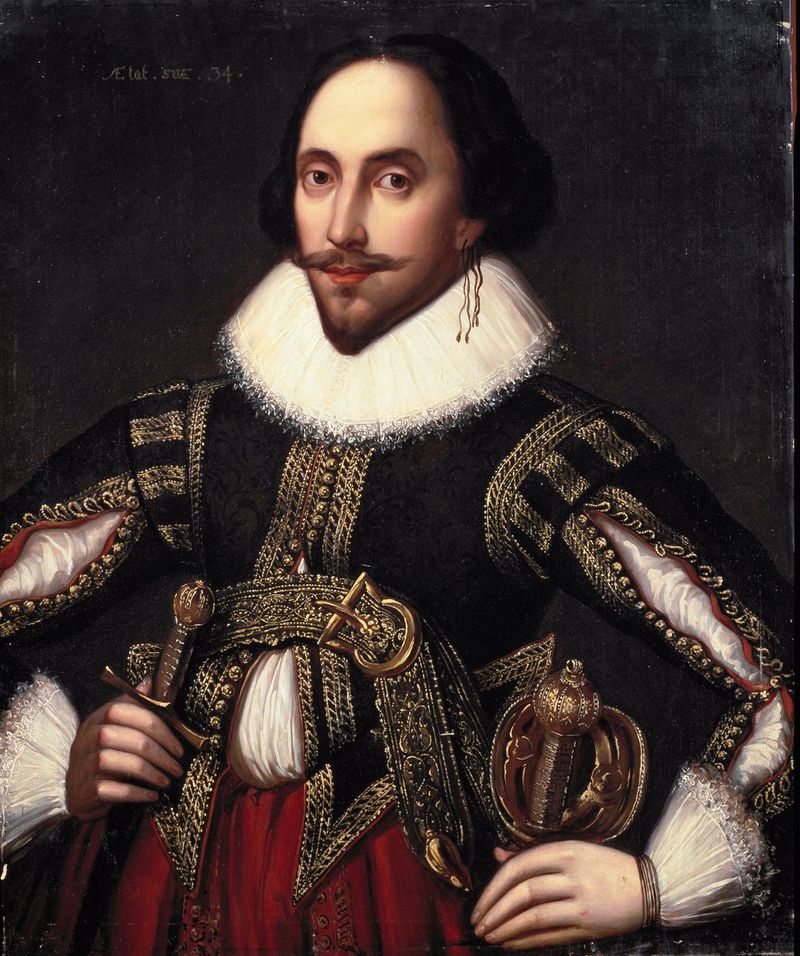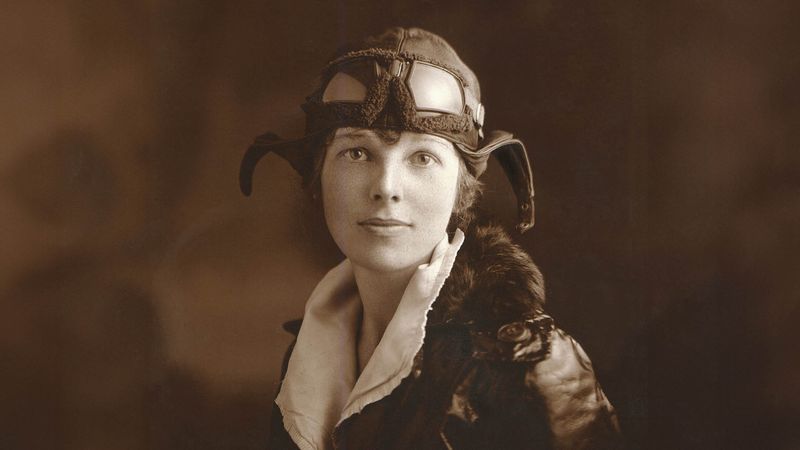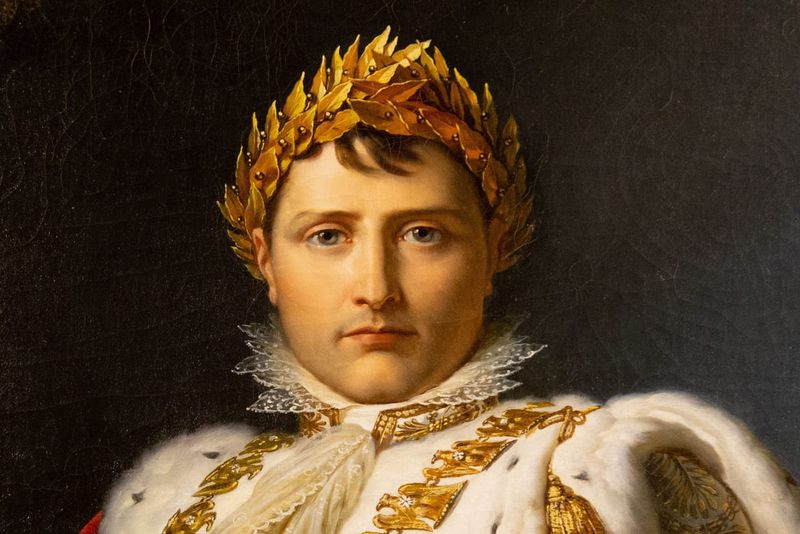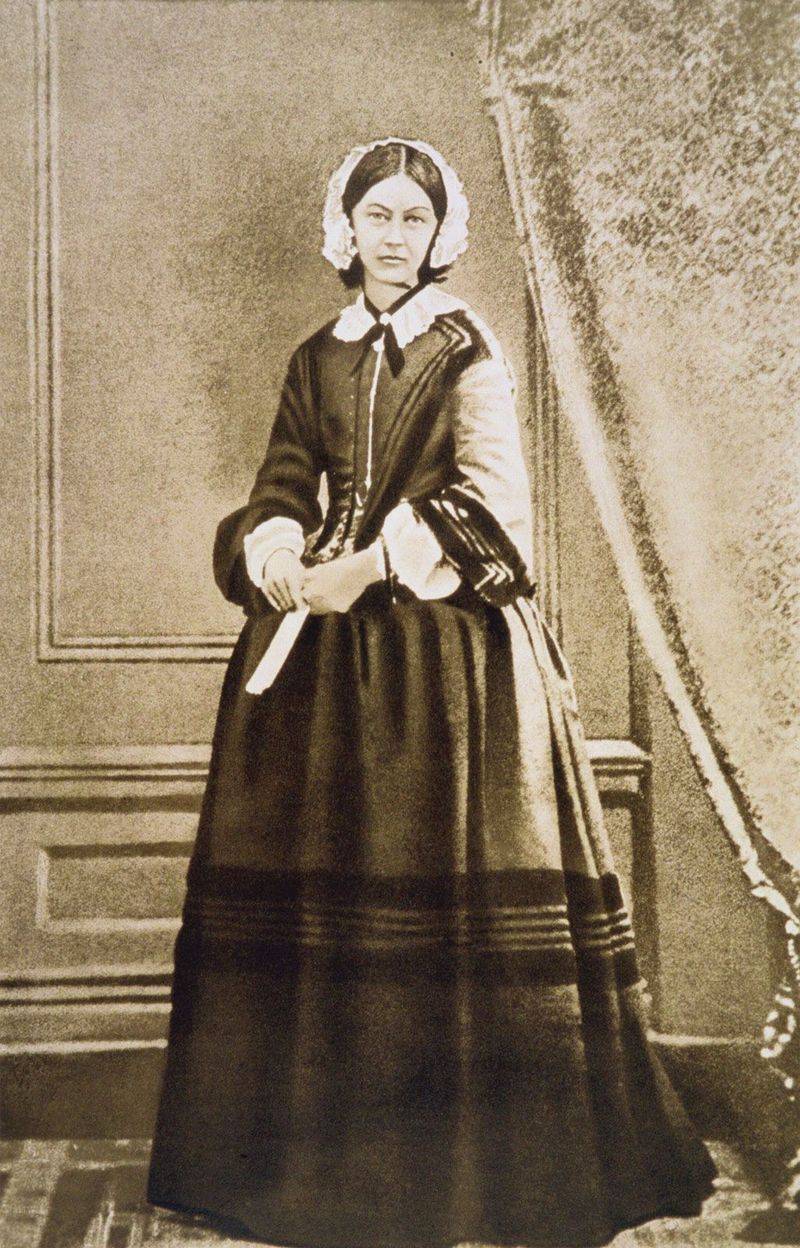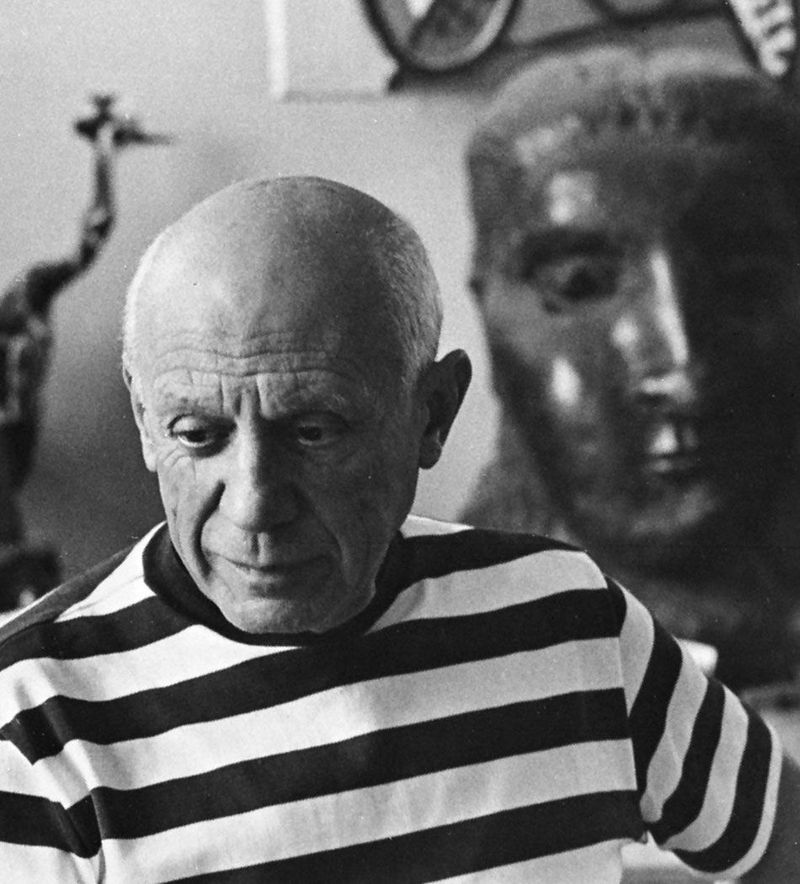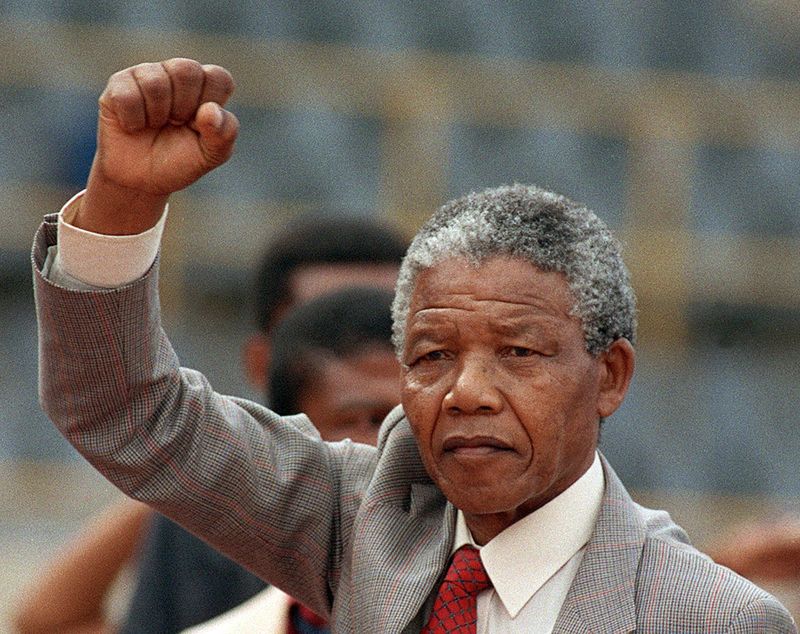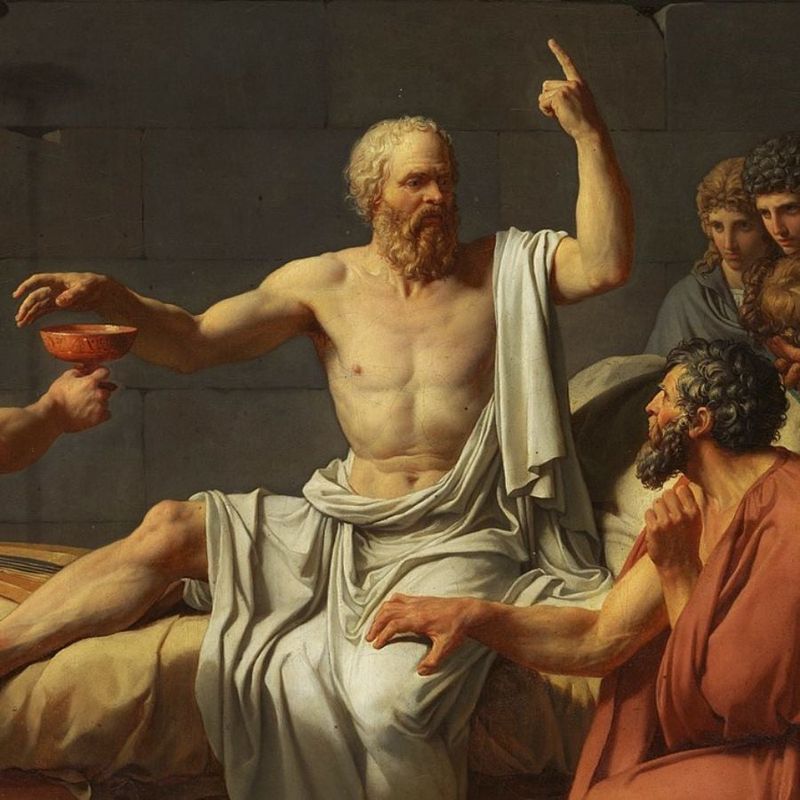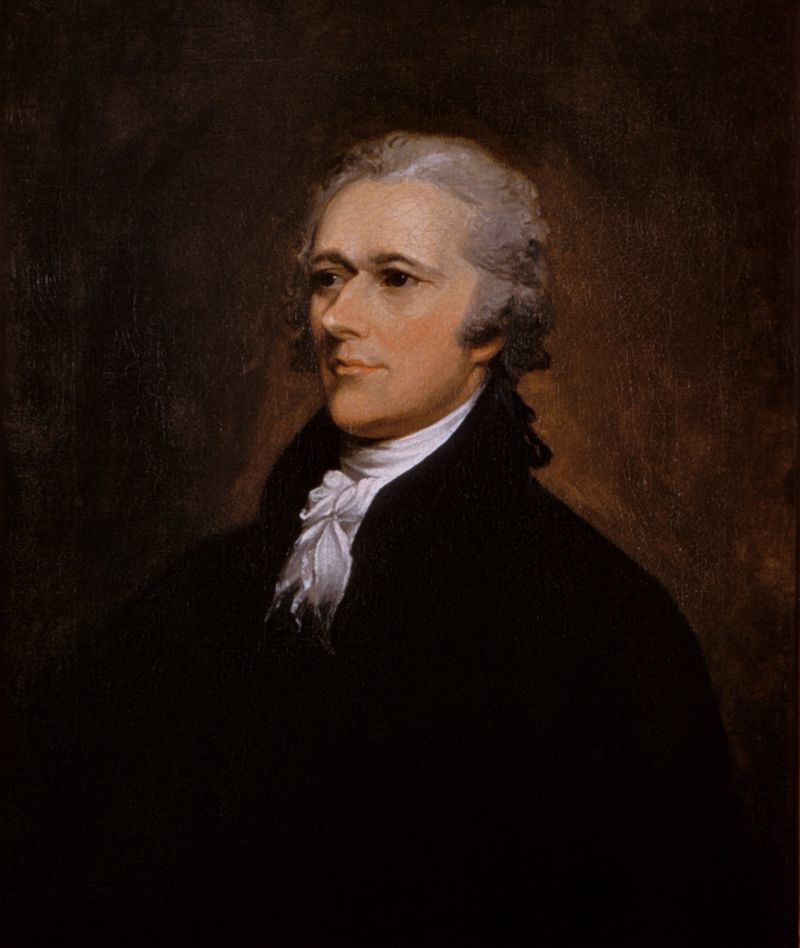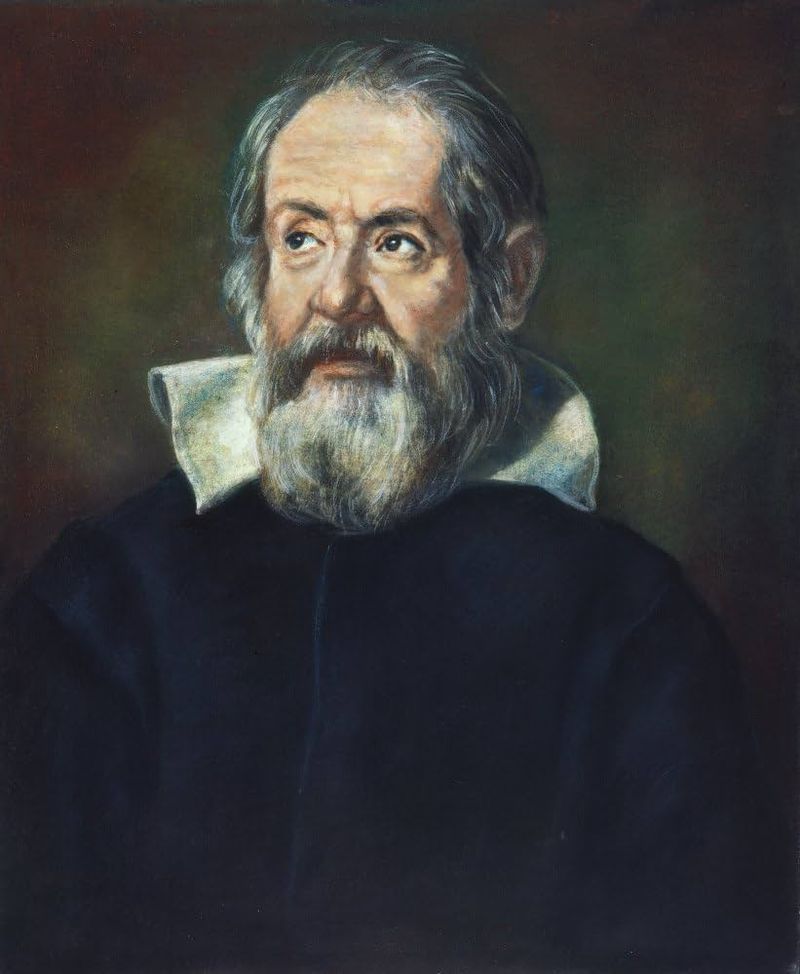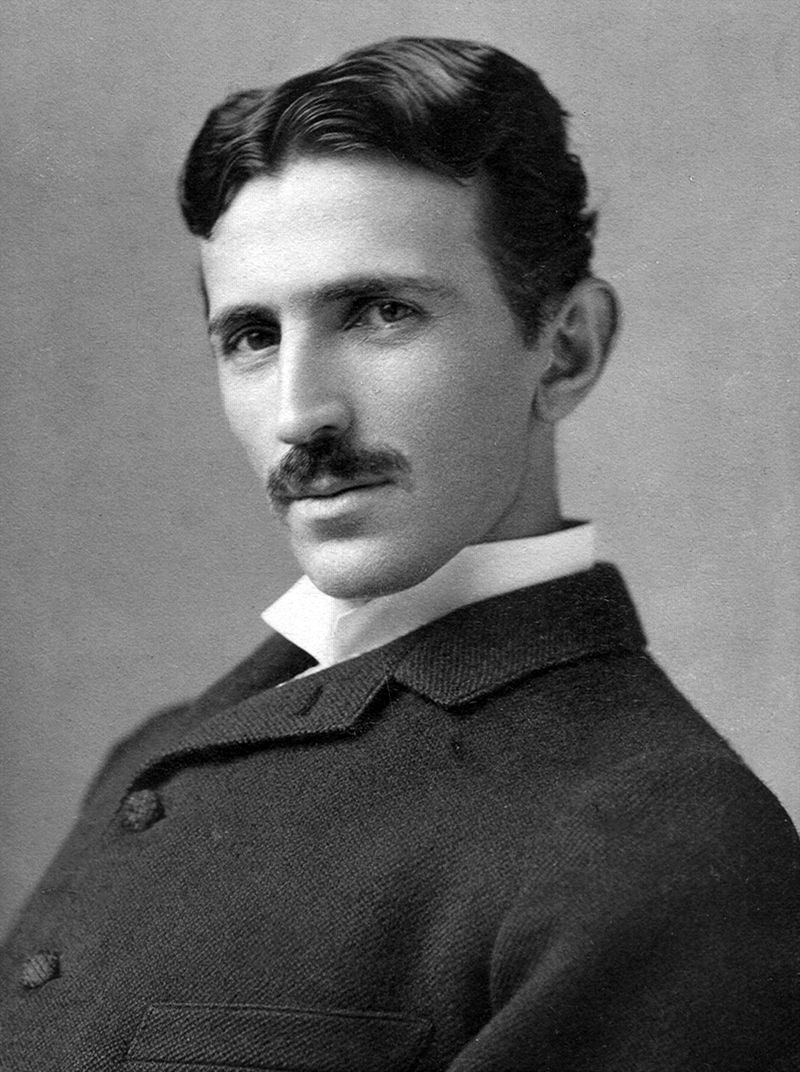History is filled with figures whose names have echoed through the ages, yet their true stories often remain hidden beneath layers of myth and legend.
This blog post unveils the surprising truths behind 23 historical icons. From misunderstood geniuses to unexpectedly humble beginnings, you’ll discover that the tales you thought you knew are just the beginning.
Get ready for a journey through time that challenges your perceptions and reveals the fascinating realities behind these legendary figures.
1. Cleopatra
Cleopatra is often depicted as a seductress, but her true prowess lay in her political acumen. Born in 69 BCE, she was not just a beauty, but a cunning leader who spoke multiple languages and was well-versed in mathematics and philosophy.
As the last active ruler of the Ptolemaic Kingdom of Egypt, she was determined to keep her nation independent amid Roman expansion. Her alliances with Julius Caesar and Mark Antony were strategic, aiming to stabilize Egypt’s power.
Cleopatra’s real legacy is her intellect and leadership, which often overshadow her romantic liaisons.
2. Leonardo da Vinci
Leonardo da Vinci is famed for masterpieces like the Mona Lisa, but his genius extended far beyond art. Born in 1452 in Vinci, Italy, he was a polymath whose curiosity knew no bounds. From anatomy to engineering, his interests spanned numerous disciplines.
Leonardo’s sketches reveal his visionary ideas, such as flying machines and armored vehicles, centuries ahead of his time. His notebooks, filled with intricate drawings, showcase his relentless pursuit of knowledge.
Despite his achievements, Leonardo was known for leaving projects unfinished, a testament to his ever-curious and restless mind.
3. Joan of Arc
Joan of Arc is celebrated as a saint and martyr, but her life was a short, intense burst of determination. Born a peasant in 1412 in Domrémy, France, she claimed to hear divine voices guiding her to support Charles VII.
At merely 17, she led French forces against the English, inspiring troops with her courage and faith. Her victories were pivotal in turning the tide of the Hundred Years’ War.
Captured and tried for witchcraft, Joan was executed at 19, yet her legacy endures as a symbol of unwavering conviction and bravery.
4. Albert Einstein
Albert Einstein is universally recognized for his theory of relativity, yet there is much more to his story. Born in Ulm, Germany, he struggled academically as a child. Teachers labeled him as slow, not realizing his mind was pondering the universe’s mysteries.
Einstein’s journey to becoming a renowned physicist was not straightforward. He worked in a Swiss patent office, using his spare time to explore scientific questions. Finally, his groundbreaking papers in 1905 established him as a leading thinker.
Despite his fame, Einstein remained humble, often crediting others and emphasizing the importance of curiosity.
5. Marie Curie
Marie Curie is renowned for her pioneering research on radioactivity, yet her journey was fraught with challenges. Born in Warsaw in 1867, she faced gender barriers in education. Undeterred, she moved to Paris to study at the Sorbonne.
There, she met Pierre Curie, and together, they conducted groundbreaking experiments, leading to the discovery of radium and polonium. Her dedication earned her two Nobel Prizes, a first for any scientist.
Despite her achievements, Marie remained dedicated to science, often working in harsh conditions, her resilience and passion undiminished by personal and professional hurdles.
6. Winston Churchill
Winston Churchill is lauded for his leadership during World War II, but his career was marked by trials and triumphs. Born in 1874, he began as a war correspondent, witnessing conflicts firsthand. His political career saw both failures and successes.
Known for his oratory skills, Churchill rallied Britain with stirring speeches during its darkest hours. Yet, his career was not without controversy, with setbacks in both military and political arenas.
Beyond politics, Churchill was a prolific writer, earning a Nobel Prize in Literature, showcasing his multifaceted talents and indomitable spirit.
7. Mahatma Gandhi
Mahatma Gandhi is synonymous with non-violence and India’s independence, but his path was one of transformation. Born in 1869 in Porbandar, India, he studied law in London, initially struggling to find his voice.
A turning point came in South Africa, where he faced racial discrimination, igniting his commitment to social justice. Returning to India, Gandhi led campaigns against British rule using peaceful resistance.
His philosophy of non-violence inspired global movements, yet he remained humble, living simply and focusing on moral values, a figure of profound influence and humility.
8. Queen Elizabeth I
Queen Elizabeth I is hailed as the Virgin Queen, but her reign was a complex tapestry of diplomacy and strength. Born in 1533, she faced political and religious turmoil, ascending the throne at 25.
Her leadership stabilized England, fostering a period of prosperity and cultural flourishing known as the Elizabethan Era. Elizabeth skillfully navigated threats, using intelligence and charisma to maintain her power.
Despite pressures to marry, she chose independence, focusing on her role as monarch. Her rule left an indelible mark, characterized by resilience and an enduring legacy of female empowerment.
9. Martin Luther King Jr.
Martin Luther King Jr. is iconic for his civil rights advocacy, yet his journey was deeply rooted in personal commitment. Born in 1929 in Atlanta, Georgia, he was inspired by his faith and Gandhi’s teachings.
King’s leadership in the Montgomery Bus Boycott and his stirring “I Have a Dream” speech were pivotal in advancing racial equality. His efforts led to significant legislative changes, including the Civil Rights Act.
Despite facing immense opposition and eventual assassination, King’s legacy endures, a beacon of hope and a testament to the power of peaceful protest.
10. Rosa Parks
Rosa Parks is celebrated as the “mother of the civil rights movement,” but her story is one of quiet strength. Born in 1913 in Tuskegee, Alabama, she worked as a seamstress and was actively involved in the NAACP.
On December 1, 1955, Parks’ refusal to vacate her bus seat sparked the Montgomery Bus Boycott, a major catalyst for the civil rights movement. Her quiet defiance inspired many to stand up against racial injustice.
Parks’ legacy is one of courage and resilience, showing how a single act of resistance can ignite profound societal change.
11. Alexander the Great
Alexander the Great is famed for his military conquests, yet his legacy extends beyond the battlefield. Born in 356 BCE in Macedonia, he succeeded his father, King Philip II, and embarked on an ambitious campaign.
By age 30, he had created one of the largest empires in history, spreading Greek culture across three continents. Alexander’s strategies and tactics are still studied in military academies worldwide.
Despite his military genius, his empire fragmented after his death, illustrating the complexities of leadership and the fleeting nature of power.
12. Frida Kahlo
Frida Kahlo is celebrated for her vibrant paintings, yet her art was a reflection of personal struggles. Born in 1907 in Mexico City, she endured a debilitating accident as a teenager, leading to lifelong pain.
Her self-portraits, rich in symbolism and emotion, explore themes of identity, postcolonialism, and gender. Kahlo’s turbulent marriage to fellow artist Diego Rivera influenced her work deeply.
Despite her challenges, Kahlo became an icon of resilience and self-expression, her art a testament to overcoming adversity and embracing one’s true self.
13. William Shakespeare
William Shakespeare is renowned for his literary genius, yet much about his life remains a mystery. Born in 1564 in Stratford-upon-Avon, his early years are scantily documented. He moved to London, becoming a prolific playwright.
Shakespeare’s works, from tragedies to comedies, resonate with timeless themes of love, power, and human nature. His mastery of language has enriched English literature profoundly.
Despite his fame, Shakespeare’s life outside his plays is elusive, with questions about his authorship and personal experiences still intriguing scholars and enthusiasts alike.
14. Amelia Earhart
Amelia Earhart is famed for her aviation feats, yet her life was an inspiring tale of breaking barriers. Born in 1897 in Kansas, she defied societal norms, pursuing a passion for flying.
Earhart became the first woman to fly solo across the Atlantic, a testament to her courage and determination. Her mysterious disappearance during a world flight attempt in 1937 remains unsolved.
Earhart’s legacy is one of empowerment, encouraging women to pursue their dreams and challenge limitations, a pioneer whose adventurous spirit continues to inspire.
15. Napoleon Bonaparte
Napoleon Bonaparte is often recalled as a military genius, yet his story is one of contrasts. Born in 1769 on Corsica, his rise from a modest background to Emperor of France was meteoric.
Napoleon’s reforms modernized France, influencing legal and educational systems. However, his ambition led to numerous conflicts across Europe, ultimately resulting in his downfall.
Exiled to Elba and later St. Helena, his life is a study in the pursuit of power and its consequences, leaving a lasting impact on European history.
16. Florence Nightingale
Florence Nightingale is celebrated as the founder of modern nursing, yet her contributions extend beyond healthcare. Born in 1820 in Florence, Italy, she defied societal expectations, dedicating her life to medical reform.
During the Crimean War, Nightingale’s efforts in improving sanitary conditions drastically reduced mortality rates. Her pioneering work laid the foundation for professional nursing.
Nightingale’s legacy is one of compassion and innovation, her life’s work a testament to the power of dedication and the impact of caring for those in need.
17. Pablo Picasso
Pablo Picasso is celebrated for revolutionizing art, yet his life was a canvas of constant reinvention. Born in 1881 in Málaga, Spain, Picasso’s creative genius was evident from a young age.
He co-founded the Cubist movement, challenging traditional perspectives and influencing modern art. Picasso’s body of work spans styles and periods, reflecting his restless innovation.
Despite his fame, Picasso’s personal life was tumultuous, marked by numerous relationships and controversies, yet his artistic impact remains unparalleled, a legacy of creativity and transformation.
18. Nelson Mandela
Nelson Mandela is revered as a symbol of freedom and reconciliation, but his journey was one of resilience. Born in 1918 in South Africa, he faced racial discrimination under apartheid.
Mandela’s activism led to his imprisonment for 27 years, during which he became a global symbol of resistance. Upon release, he played a crucial role in dismantling apartheid and fostering national unity.
Mandela’s leadership as South Africa’s first black president left an enduring legacy of peace and justice, an inspiration to those fighting for equality worldwide.
19. Socrates
Socrates is hailed as a foundational figure in Western philosophy, yet his life was marked by controversy. Born in 470 BCE in Athens, he pursued knowledge through probing questions and dialogue.
His method of inquiry, the Socratic Method, remains influential in education and critical thinking. Despite his contributions, Socrates faced hostility for challenging traditional beliefs.
Accused of corrupting the youth, he was sentenced to death, choosing to die rather than compromise his principles. Socrates’ legacy is a testament to the pursuit of truth and intellectual integrity.
20. Alexander Hamilton
Alexander Hamilton is remembered as a founding father, yet his life was a complex tale of ambition and innovation. Born out of wedlock in the Caribbean, he rose to prominence in American politics.
Hamilton’s influence in shaping the U.S. financial system was profound, establishing the nation’s economic foundation. His Federalist Papers remain crucial to understanding the Constitution.
Despite his achievements, Hamilton’s life was tragically cut short in a duel with Aaron Burr. His legacy, however, endures as a testament to vision and tenacity, a figure who helped forge a nation.
21. Galileo Galilei
Galileo Galilei is remembered for his astronomical discoveries, yet his life was one of scientific courage. Born in 1564 in Pisa, Italy, he challenged the accepted views of the cosmos.
Galileo’s use of the telescope provided groundbreaking insights, supporting heliocentrism. His advocacy for scientific inquiry led to conflict with the Church.
Despite being tried for heresy, Galileo’s work laid the groundwork for modern science, his resilience a testament to the pursuit of knowledge against opposition.
22. Nikola Tesla
Nikola Tesla is widely known for his groundbreaking work in electrical engineering and his visionary ideas that paved the way for modern electricity.
However, beyond his inventions, Tesla’s life was marked by intense rivalries, notably with Thomas Edison. These tensions fueled both cooperation and conflict, shaping the course of electrical history.
Another intriguing aspect of Tesla’s story is his eccentric personality. He was known for his peculiar habits and a strict daily routine, which he believed contributed to his creative genius.
Tesla’s fascination with pigeons and his claim of receiving signals from outer space further add layers to his enigmatic character.
Despite facing financial difficulties and personal struggles, Tesla’s legacy endures as a testament to the power of innovation and the pursuit of knowledge.
23. Julius Caesar
Julius Caesar is remembered as a brilliant military leader and the man who transformed the Roman Republic into an empire. However, his story is also one of political manipulation and ambition.
While celebrated for his campaigns, Caesar’s rise to power involved complex alliances and betrayals.
His decisions often sparked controversy and led to civil unrest.
Ultimately, his assassination was not just a result of his ambition but also due to the political tensions he created, showing a man driven by both vision and vanity.

